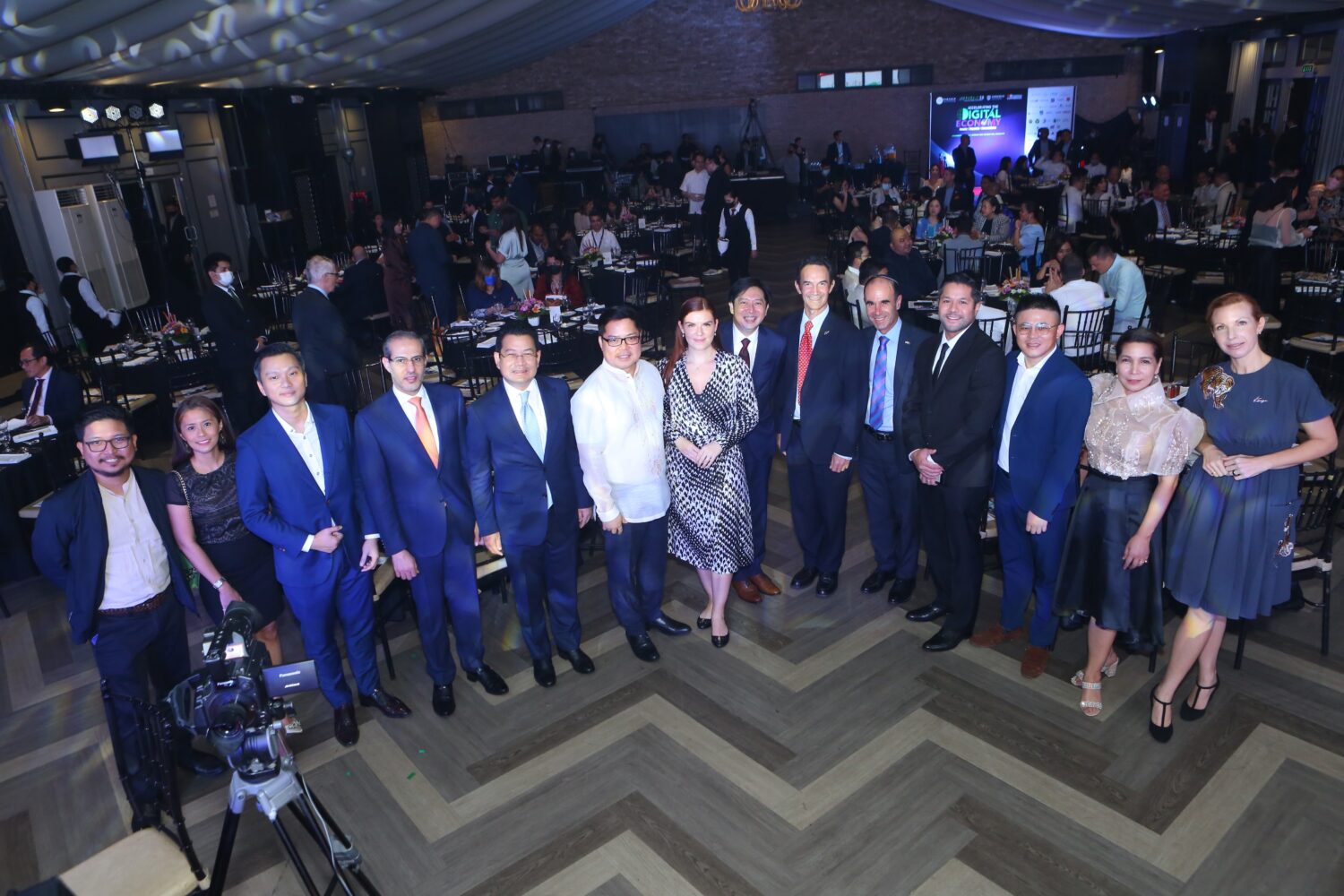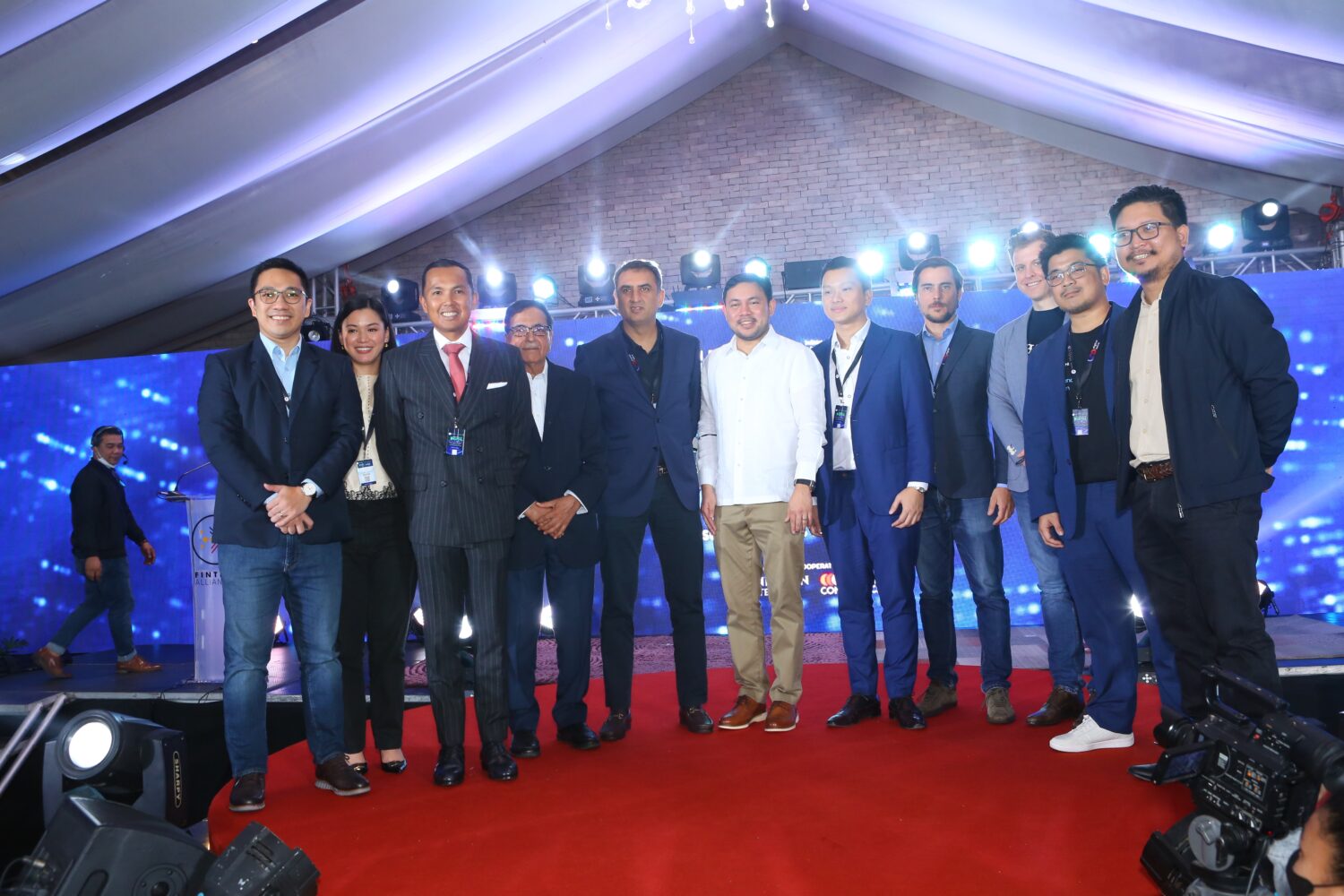Manila, Philippines — Fintech Alliance.PH, reportedly the Philippines’ leading and largest digital trade organization today, recently hosted the second edition of the Inclusion and Digital Transformation (INDX) Summit in cooperation with Enderun Conferences at the Enderun Tent in McKinley Hill, Taguig City.
Comprised of startups and unicorns collectively, Fintech Alliance.PH reportedly generates over 90% of digital-initiated transactions volume in the country right now.
“The past two years have been golden for the fintech industry in the Philippines and throughout Southeast Asia. This monumental event is the gathering of the Philippines’ visionaries and trailblazers. It is only fitting that we reflect on our successes and welcome promising years to come,” said Lito Villanueva, founding chairman of the FinTech Alliance.PH and the executive vice president and chief innovation and inclusion officer of RCBC.

Statistical review
According to the Philippine Statistics Authority, the value of the digital economy in the Philippines increased by 7.8% and reached 1.87 trillion pesos in 2021.
E-commerce erupted through the pandemic and continued to grow post-lockdown. Online selling transformed from being a side job to becoming a primary source of income. The main drivers of the digital economy, which contributed to 9.6% of the nation’s GDP of the same year, includes digital infrastructure, e-commerce and digital content.
BSP Governor Felipe Medalla stated that BSP collaborated with the payments industry to launch new innovative payment streams “in order to digitize more peer-to-business and business-to-business payments.”
“The COVID-19 pandemic has redefined what we considered to be ‘business as usual’ and it also presented an opportunity for economists around the world to quicken the pace towards a more digital economy. Although there are strides to adapt to the new normal, there is still much to be done before it is able to reach the goals,” added Finance Secretary Benjamin Diokno,
Philippines through digital transformation and inclusion
“Digitalization or digital economy is a very complicated value chain. It starts from internet connectivity, device availability, and the various regulators around it, and into our space—fintech, e-commerce, and the various economic services,” said GCash President & CEO Martha Sazon.
She added, “In the complete value chain, you have the government in each and every step. But you have different private sectors participating in it. While we may provide advanced technology, best practices from our partners and execution, we need the partnership from the government to make it easy for us to participate and to increase the penetration.”

The Philippines transitions to a new digital economy, the government highly supports the fintech industry and is moving in a positive direction by imposing standards and regulations. During the speech of Senator Mark Villar in the INDX Summit, he stated that “[Although] the pandemic has revealed and brought urgency to necessary reforms in public health, social safety nets, disaster response, and rural development, among others, what reinforces all these reforms is the digital imperative. Going digital is the way and the key.”
“We are ready to support further innovations for the more efficient, convenient, and secured use of digital assets, as well as to legislate to ensure that digital transactions are duly protected. Our hopes for a more equitable and successful post-COVID society involve the establishment of crucial digital economy pillars such as robust digital infrastructure, digital skills, e-government, e-commerce, and an enabling legislative and regulatory environment,” said Senator Villar.
Conclusion
The INDX Summit 2.0 was capped by the Fintech Alliance Ambassador’s Gala, which brought together key heads of missions and other international development agencies as well as regional and global partners.
Albay Second District Representative Joey Salceda, who is also the committee chair for Ways and Mean said, “Digital financial technology must be trustworthy. With more digitalization of finance comes the digitalization of the most predatory practices in the sector, and its underground mutations. Technology can do so much, but its aim must be to create value and virtue in society.”
A number of pioneering initiatives have also been launched during the first FinTech Alliance Ambassadors Gala. These include the first off-campus Fintech and Regulatory Innovations Technology Program in the ASEAN region by the Cambridge Centre for Alternative Finance by the Judge Business School of the University of Cambridge in partnership with the Mapua University and the FinTech Alliance; the launching of the BSP Governor Nestor A. Espenilla, Jr. FinTech and Inclusive Finance Grants Matching Program; and the collaboration with the Ant Group’s 10 x 1000 Tech for Inclusion. The event also saw the oath taking of additional members of the Board of Trustees as well as incoming new members.